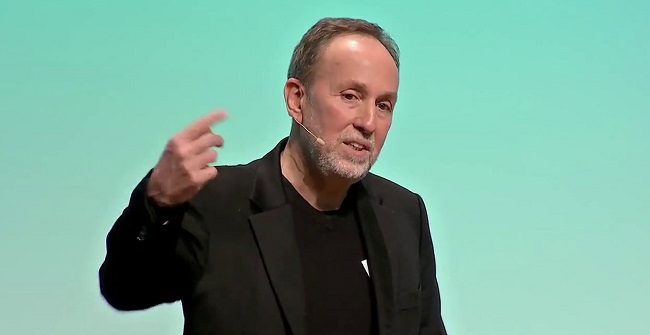The landmark Decade on Ecosystem Restoration 2021-2030 declared on Friday, March 1, 2019 by the United Nations to accelerate the restoration of degraded ecosystems, is part of a longterm effort by the Global Landscapes Forum (GLF), its partners and charter members.

The GLF is a knowledge-based platform and global movement that advocates for the restoration of ecological equilibrium to landscapes under pressure from climate change and unsustainable human activities. The 22 charter members of the GLF are many of the world’s leading development organisations. Worldwide, more than two billion hectares of land are degraded, a footprint said to be larger than South America, according to World Resources Institute (WRI).
The U.N. Decade on Ecosystem Restoration recognises the vital role forested landscapes play in stabilising the climate and offers support for 3.2 billion people whose livelihoods are at risk from deforestation caused by resource extraction and agricultural expansion. It provides a timeline upon which to accelerate and pull together multiple U.N. development, environment and climate frameworks already in place.
“This is a tremendous achievement for all the partners who have worked so hard to bring the decade to life,” said John Colmey, executive producer of GLF. “The GLF brings together millions of people globally to combat the devastating harm that climate change and unsustainable practices are having on the world’s landscapes. This new U.N. decade acknowledges the urgency and scale of the challenges we face.”
Momentum grew for the idea of a decade dedicated to landscape restoration throughout 2018 at international events organised by GLF in Washington, Nairobi and Bonn, Germany, hosted by the World Bank and UN Environment. International scientists, policymakers, economists, activists and Indigenous Peoples discussed landscape degradation, climate change and its consequences, including food insecurity, mass migration, conflict, biodiversity and habitat loss.
“We’ve only just begun to realise the importance of forests and trees in their contributions to agricultural production through the provision of ecosystem services, not only to large-scale commodity production, but also for the millions of small-scale farmers working in complex multi-functional landscapes that actually produce a significant proportion of the world’s food,” said Terry Sunderland, associate scientist with the Centre for International Forestry Research (CIFOR), who was instrumental in the formation of the GLF.
“However welcome, this initiative will not be without its challenges,” he said. “Broader restoration efforts will require a more integrated approach to land management at the landscape scale and, while the conceptual frameworks for implementation have been in place for some time, we’re still falling short in breaking down disciplinary silos.”
The initial concept for the U.N. decade emerged from the Bonn Challenge to restore 150 million hectares of land by 2020, and 350 million hectares by 2030, which was launched in 2011 by the government of Germany and the International Union for the Conservation of Nature (IUCN), and later endorsed and extended by the New York Declaration on Forests at the 2014 U.N. Climate Summit. In its infancy, the concept of the U.N. Decade on Ecosystem Restoration was supported by El Salvador, UN Environment, IUCN and GLF.
“Restoration of 350 million hectares of degraded land between now and 2030 could generate $9 trillion in ecosystem services and take an additional 13-26 gigatons of greenhouse gases out of the atmosphere,” said UN Environment and the Food and Agriculture Organisation of the United Nations (FAO) in a statement.
The decade, launched by UN Environment and FAO, weaves together a range of international agreements – including the U.N. Sustainable Development Goals, U.N. Convention on Biodiversity Aichi Targets, U.N. Framework Convention on Climate Change, U.N. Paris Agreement on climate change, U.N. Convention to Combat Desertification, Ramsar Convention on wetlands and the U.N. Strategic Plan on Forests 2017-2030.
